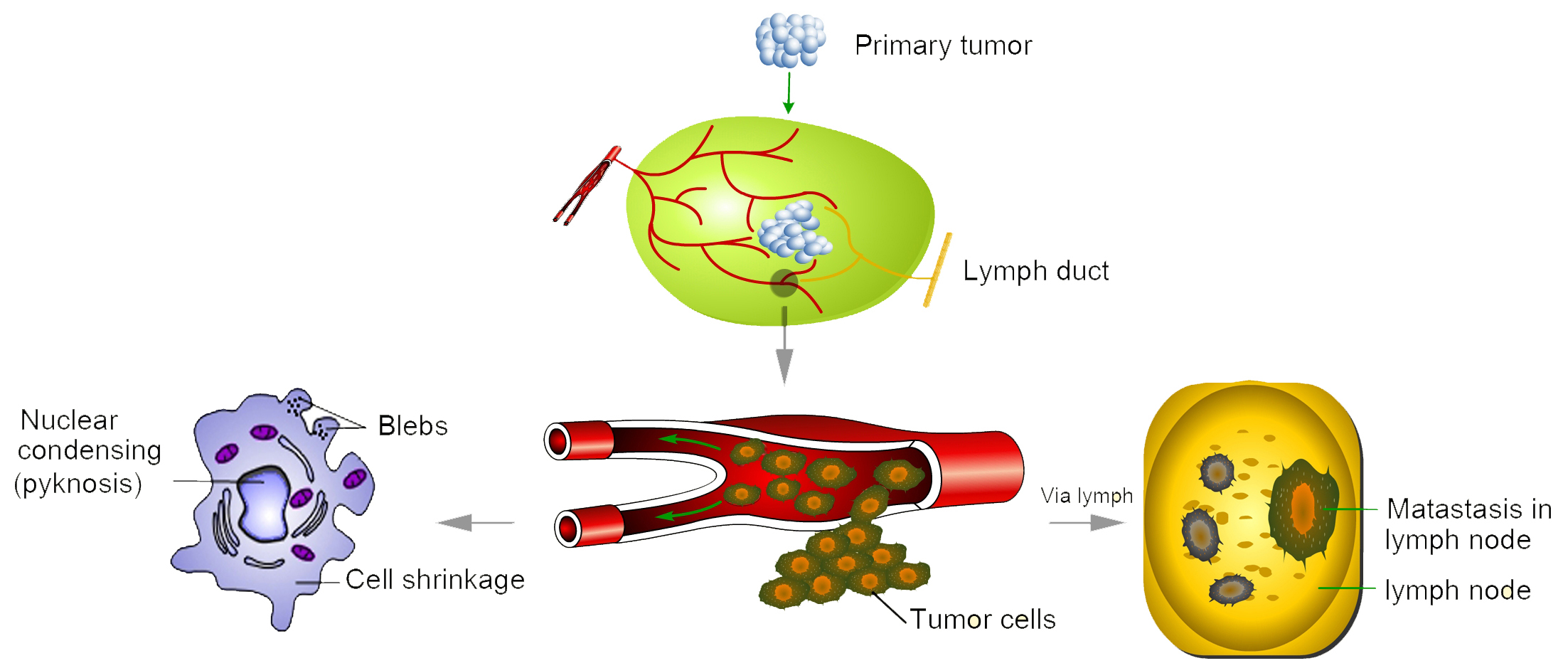Priscila Kosaka from the Microelectronic Institute of Madrid is in the early stages of developing a nanosensor to detect cancer from blood samples before symptoms appear. It is not expected to be on the market for another 10 years, but could one day eliminate the need for biopsies.
Kosaka claims that the technology is 10 million times more effective than traditional blood sampling, and may miss only 2 out of 10,000 samples. Improvements are needed so that the nanosensor can identify the type of cancer cells present.
The process causes the cancerous cells to change color, indicating the presence of a malignant tumor.
Wearable Tech + Digital Health NYC 2015 – June 30 @ New York Academy of Sciences. Register before 4/24 and save 30%.
